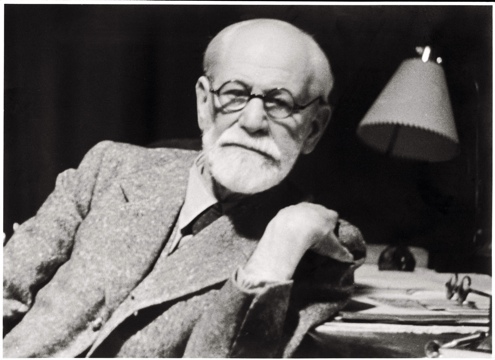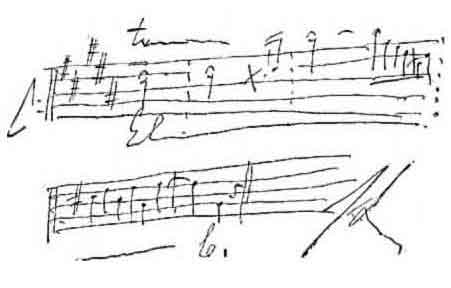Pedagogy and its Discontents pt.1, An Introduction
Freud compared civilized lives and savage lives in his 1929 treatise “Civilization and its Discontents.” He illuminated the conflict that exists between the driven individual and the context that demands uniformity.
“Civilization, therefore, obtains mastery over the individual’s dangerous desire for aggression by weakening and disarming it and by setting up an agency within him to watch over it, like a garrison in a conquered city.”
The implication that conformity is a primary function of civilization may seem less than alarming. Philosophers may soften it by framing it as some sort of social contract. We conform out of deference to the whole and to each other. We have been convince that, in doing so, we recognize ourselves as thoughtful individuals.
We are safe. We do not even need to talk. We can nod. Should we find ourselves in a situation where someone steps outside of compliance, we look to each other for reassurance–This is crazy, right?
Some time ago, it was decided that regulation of behavior would be embedded, if you will.
A scheme.
Value.
A mechanism.
Socially.
Developmentally.
Expectation and pressure.
Words like garrisons have been used in discussing the idea of ‘self-regulating’ mechanisms that have been implanted into individuals to maintain compliance to the norms and standards of civilization. Garrisons are set up in conquered cities to quell small uprisings. What Freud refers to as the aggressive mind, we would call the progressive mind.
If this is true, we have to consider that we have been programmed to submit to societal conventions. IF this is true we have to consider that we are perpetuating these ideas in our homes, our families, and our classrooms. IF this is true, we have to consider that resistance may be futile which means that this resistance can no longer be tolerated.
HAL 9000: Dave, although you took very thorough precautions in the pod against my hearing you, I could see your lips move.


